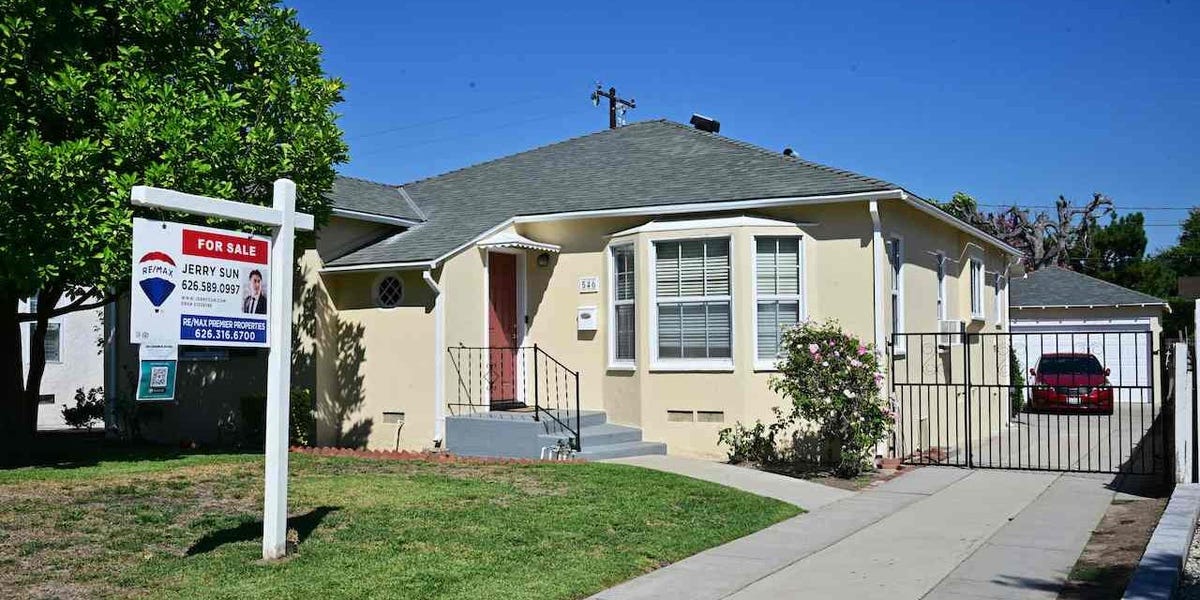With mortgage rates elevated, lots of homeowners in the US are staying put. They figure they’re better off waiting until mortgage rates or home prices — or both — come down before they begin the hunt for their next house. And it’s keeping homes off the market and contributing to an ongoing housing shortage.
A surge of homebuying during the pandemic, a years-old shortage of homes, and a developer focus on more luxury homes have made it even harder to find an entry-level, or “starter,” home.
The White House wants to change this. Last week, President Joe Biden unveiled a slew of housing policy proposals that aim to boost both the supply of housing and help people pay for their homes through rent and downpayment assistance.
One of these proposals would give US homeowners a $10,000 tax credit if they sell their home, as long as it’s below their local median home price. These starter homes are crucial for expanding the ranks of homeowners. They’re more affordable options for first-time homebuyers — many of them millennials and Gen Zers hoping to start or grow their families.
While the tax credit could help get more affordable homes on the market, it doesn’t address the fundamental cause of the crisis, which is a shortage of an estimated three to seven million homes in the US. Biden has also proposed policies that he says would preserve or create two million homes. He wants to expand tax credits for builders who create new low-income housing, which the White House says would create or preserve more than 400,000 starter homes. The president has also proposed a $20 billion competitive grant for innovative affordable housing projects.
Redfin chief economist Daryl Fairweather says the tax credit for selling starter homes will have a marginal impact on the crisis, but the president’s proposals to create new housing would make a difference.
“The thing about starter homes and tax credits, I think in 10 years the economy won’t be any different whether or not we do those initiatives,” Fairweather recently told Business Insider. “But the economy could be substantially different if we actually end up building 2 million more homes in the next 10 years.”


